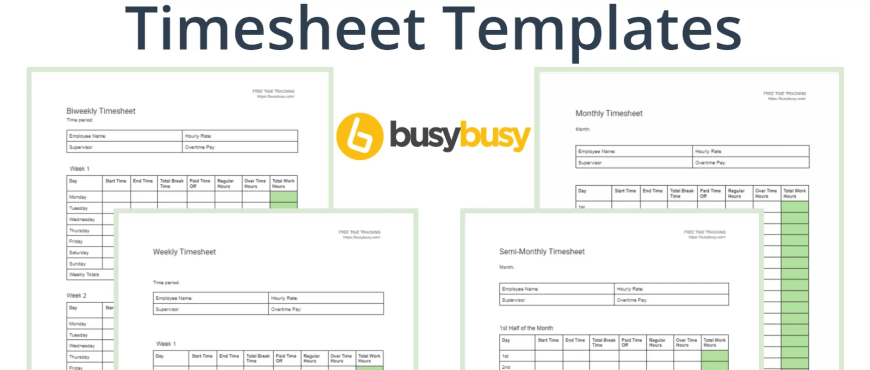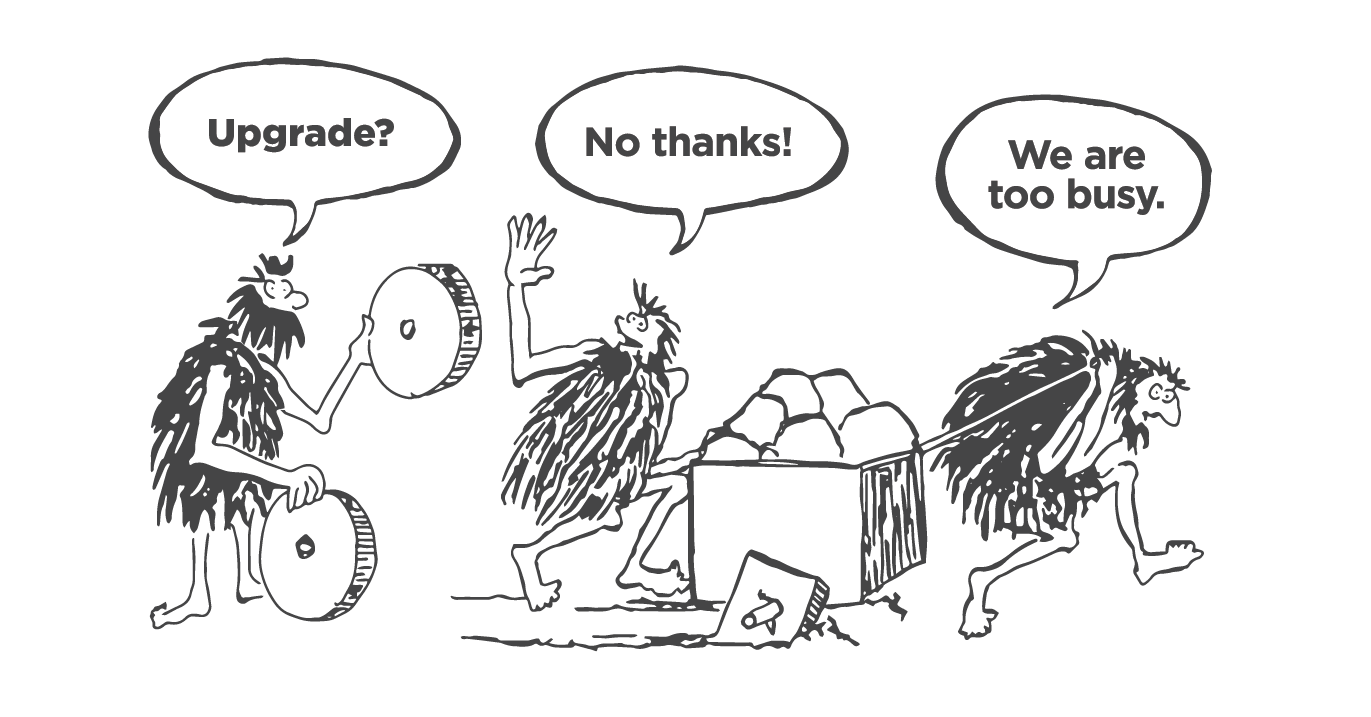
If you have been in the construction industry for a while, you have likely encountered a contract dispute or two. This happens when one of the contract signers fails to keep up their end of the deal or meet the standards set in the contract. If these situations are not handled correctly, you may find yourself in court (the last place you want to be spending your time). This costs both parties time and money. Parties involved in a contract should take the appropriate measures to minimize the chance of disputes developing in the contract.
Not all construction disputes are over a contract. Sometimes it’s between employees and management. Job sites are busy, and a lack of communication can bring out some disagreements. Here are some tips for keeping your jobsite running smoothly.
We will cover:
- Most Common Types of Construction Disputes
- How to Resolve a Construction Dispute
- Preventing Construction Disputes
Most Common Types of Construction Disputes
Finish Date Change
Unfortunately, projects can take longer than anticipated. It happens. Weather, material and labor shortages and unforeseen circumstances are all factors in pushing a finish date back. A contractor may want to push back the finish date while the owner wants the project completed as soon as possible.
Some contracts have a penalty fee every day the project isn’t complete. But sometimes materials are placed on backorder, making it impossible to finish your project on time. From a couple of bucks to THOUSANDS of dollars, contractors can get penalized daily! This dispute can be costly to both parties.
According to The CAT Rental Store, as construction projects become increasingly complex, contractors are experiencing more common delays in project completion schedules. Despite construction being one of the oldest and most universal industries, time and cost overruns are still expected outcomes of any project. Though there have been significant technological advancements to help coordinate and schedule tasks, construction project delays are still widely accepted as a normal part of the industry.
Requested Change Orders
A change order can be requested if a contractor wants to deviate from the original project. This written amendment can include:
- Alter in design
- Schedule changes
- Additional work
- Modified price
For contractors, unforeseen conditions at the job site or inaccuracies in the original design are the most common reasons change orders are requested. Additionally, projects lasting more than a couple of months have a larger chance of being affected by inflation–increasing the cost of materials. Therefore, it is vital to consider a long-term project’s feasibility before undertaking it.
Even if you manage to get all of the material, the owner of the project could disapprove of the quality of materials or want a slight change in the project. With construction crews running on tight schedules, these add-ons can make it difficult to hit deadlines. In these situations, changing orders can be beneficial for everyone.
If the parties conclude a change order is necessary, a District Construction personnel can approve change orders unless the request exceeds $200,000. In that circumstance, a Division of Construction approval is required.
Click here to find a free construction change order form!
How To Resolve A Construction Dispute
The chances of completing a project from start to finish without creating any disputes are slim. Here are the four main methods for resolving construction contract disputes.
- Negotiation: This is the quickest, least expensive way for both parties. Negotiation is talking with the owner (or contractor to owner) and agreeing to make a change they deem necessary. Both parties understand that something needs to change and don’t need to use dispute resolution.
- Mediation: This is a third party attempting to resolve the issue outside of the court. This is not legally binding, another perspective can often get the two parties to agree before taking the matter to court. In the end, the mediator doesn’t have the power of the final verdict.
- Arbitration: Arbitrators do give the final ruling in a change order or construction dispute. Both parties choose a mutual third party that has relevant experience to decide. The cost is significantly higher but is legally binding in most jurisdictions.
- Litigation: Litigation is the most time-consuming, complex, and costly dispute resolution process. It is also the most thorough, complicated, and expensive form of dispute resolution. Most people choose to pursue other methods of conflict resolution instead because it requires so much time. Litigation trials are enforceable and legally binding.
Preventing Construction Disputes
Communication
Disputes often result from a lack of communication between the parties. Most developers and contractors are on the same page throughout the project, assuming everything goes according to schedule. Unfortunately, this isn’t always the case, and parties should communicate at every step to address any issues that emerge during the building process.
Good Progress Tracking
If your company can track progress, it will be easier to beat deadlines and stay on track. With busybusy, you can know how much work is being done, when it’s done, who’s doing it, and how long it’s taking. You can now make informed business decisions as it becomes clear where you are making and losing money. busybusy’s all-in-one time tracking app also includes liability features, such as documenting the health of your employees, demonstrating that no injury occurred, and preventing false worker compensation claims. With the ability to upload photos and notes on the job site, everyone can see their progress. Construction disputes are less likely to occur when frustration on the job site is prevented.
Daily Project Reports
Construction daily project reports can help resolve disputes by providing an accurate and up-to-date record of the project’s progress. For example, with busybusy, you can instantly view graphs and charts clearly showing estimated labor costs vs. current labor costs or estimated hours vs. actual hours. These reports can also help avoid potential disputes by clearly documenting the construction process and identifying any areas of potential conflict. Finally, project reports can be used as court evidence if a dispute arises.
Clear Payment Terms
A contract should specify when payment applications should be submitted, related payment notifications issued, and the actual payments released. This method of setting payment dates and conditions minimizes the likelihood of disputes.
Record Keeping
Always make sure you have everything in writing. Notices, letters, emails, photographs, and journals should all be included in the documentation. Construction is an expensive process that can leave you out of pocket if you don’t document everything. In addition, it removes any ambiguity about the parties’ agreements.
Follow the Contract
It’s critical that all involved parties are aware of the contract’s terms and amendments. Once both sides comprehend the contract, they should adhere to all of its provisions without exception until the project’s conclusion.
Summary
Construction disputes are a reality of the business. The four main methods for resolving construction contract disputes are negotiation, mediation, arbitration, and litigation. Prevention is critical: communication, progress tracking, clear payment terms, and record-keeping can all help to prevent a construction dispute from breaking out on your job site. To help prevent construction contract disputes and better manage your projects, try busybusy for free today!











